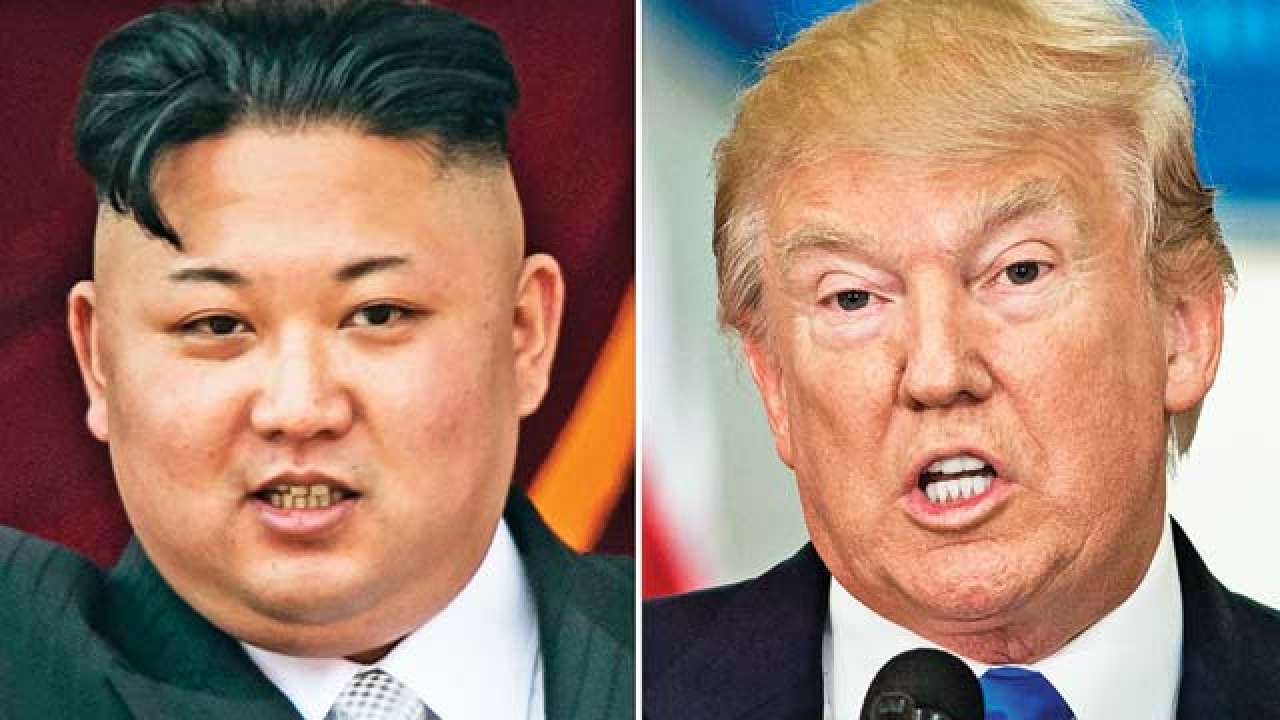
North Korea had recently conducted a missile test that the United States (US) intelligence community determined to be an Intercontinental Ballistic Missile (ICBM). This follows a similar test conducted on July 4, leading to the conclusion that North Korea will be fielding a nuclear capable ICBM as early as 2018. The internationally isolated country has already conducted a series of nuclear tests, gradually increasing their yield and sophistication. For a country that is poor and starving, nuclear weapons seem to be the sole priority.
The current situation is the result of the geographical setting of the Korean Peninsula that became a central piece on the grand chessboard of the Cold War. Korea is surrounded by Russia, China and Japan, with the latter two vying for strategic control over the peninsula for their security and territorial ambitions. Japan had come to occupy Korea until World War II when it was divided between the Soviet Union controlling North Korea and the US controlling the South.
North Korea had evolved a Communist regime, which, with the help of Russia and China, launched an invasion of the South. The US under the United Nations banner repelled the invasion, but crossed the Yalu river that China considered a redline. The subsequent military engagement between the Chinese and American forces on the side of North and South Korea respectively led to an armistice ending hostilities. However, the Korean peninsula is still at war since a peace treaty was never signed.
The US engagement in the Korean War is a result of the determination that the security of Japan is invariably linked to a stable, independent Korea. Given the conventional superiority of the US and its allies, the North Korean regime had come to conclude that possession of nuclear weapons is the sole survival strategy against possible US-led attack.
It perceived an imminent attack during the presidency of George W Bush who labelled North Korea as part of the ‘axis of evil’ in 2002, which also included Iraq and Iran. The list was later expanded to include Cuba, Libya and Syria. These countries were determined by the US as state sponsors of terrorism and are acquiring weapons of mass destruction, including nuclear weapons.
Barely a year later, the US had attacked Iraq leading to the execution of Saddam Hussein. Thereafter, it was Libya’s Gaddafi. Currently, Syria is in the midst of a Civil War while Iran faced economic sanctions. North Korea had come to determine that Gaddafi could have saved himself if he had not relinquished Libya’s nuclear programme. In fact, it withdrew from the nuclear Non-proliferation Treaty (NPT) in 2003 itself.
In this context, it is safe to assume that chances of North Korea dismantling its nuclear weapons programme are nil. On the contrary, the programme will be further strengthened with the addition of sophisticated weapons and long-range missiles. The Western missile defence systems are not foolproof. However, the immediate targets would be South Korea and Japan.
The US certainly has more lifelines since North Korea’s missile guidance and targeting is poor while the American layered missile defence system could take multiple shots at incoming missiles over the Pacific or Arctic. The US also has a better chance of surviving its nuclear chain of command that could order retaliation from hardened bunkers.
This is the fear that grips the international community, which is the shield the North Korean regime embraces for its survival. China (and, for that matter, Russia) would not want to see a nuclearised North Korea, but it also does not wish for a regime collapse which would lead to a unified Korea under US protection. Negotiations continue to fail with North Korea! The nuclear weapons have made a clear difference in this situation, leaving no room for either economic sanctions or military action.
The author is a Junior Fellow at the Observer Research Foundation, New Delhi